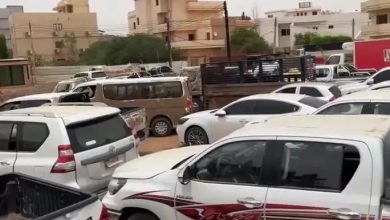Displaced in Khartoum: The Other Face of War
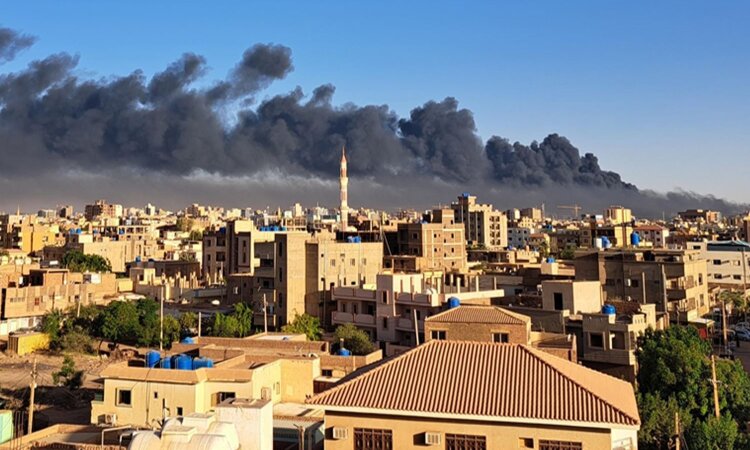
Khartoum – Sudan Events
The displaced individuals fleeing various Sudanese states due to the ongoing conflict between the government army and the Rapid Support Forces since 15 April of last year are facing highly complex humanitarian conditions. The prolonged crisis and their extended stay have made some of them unwelcome guests among the host communities amidst a shortage of resources and unpaid salaries for several months. This has placed a heavy burden on families in providing necessities such as food and shelter.
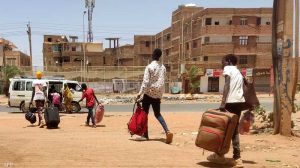
Their options have become limited. Despite the ongoing war and lack of security, some have returned to the capital, Khartoum, raising the slogan ‘Dignity over Occupation.’ This is especially true with the women who have complained about what they describe as systematic humiliation, especially in their daily chores like cooking, dishwashing, and house cleaning. They have endured in silence, hoping for a change and the opportunity to return to their homes. In their minds, there’s a sense of betrayal by those who once welcomed them when Khartoum was their destination.
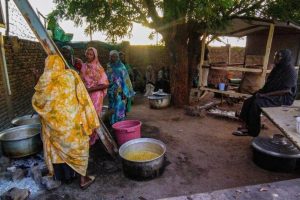
On the other hand, some women have found themselves in better circumstances at home than where they are. However, now they are forced to sell pastries, sweets, and snacks to meet their daily needs.
As for the men, luck favours those who can find work in the agricultural season or with enough capital to engage in trade. Some have resorted to odd jobs by renting carts to transport goods for others, earning a small sum. Others lament their fate and curse the war day and night.
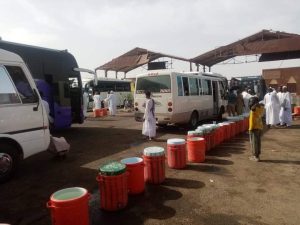
Some of them believe that returning to a normal life in Khartoum has become almost impossible under the current conditions. Even if the war stops and the conflicting parties agree to a permanent peace, they no longer trust any party. The fear of renewed fighting at any moment looms in their minds and won’t leave. This negatively impacts their children, who are haunted by the memories of shells and bullets, leading to psychological trauma. They have resorted to seeking sessions of psychological therapy. They also pointed out that their children’s future looks bleak due to the lack of educational opportunities, as most schools have been destroyed, and the basic infrastructure has collapsed. Essential services such as water, healthcare, and electricity are scarce due to the environmental disasters caused by the war, including the spread of strange bodies in the streets, road damage, and the absence of basic services.
